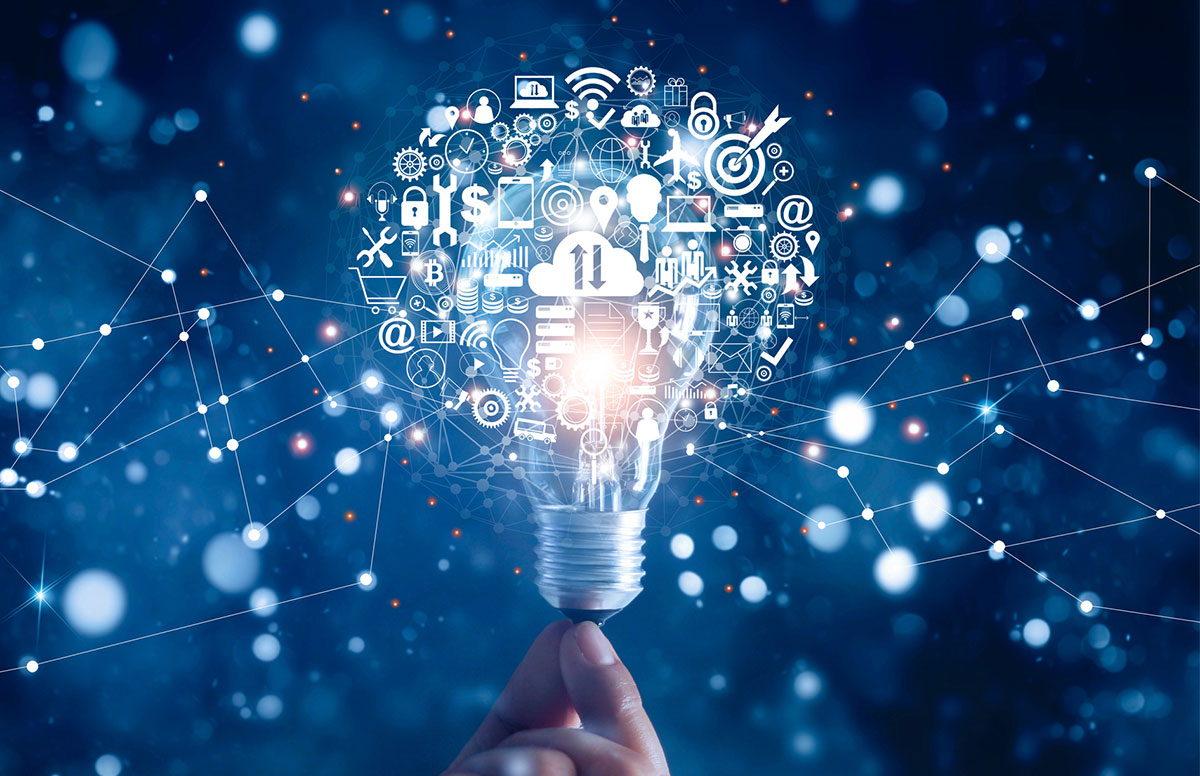An innovative new technology that combines a user-friendly platform and vibration sensors to monitor activity can help older adults with cognitive impairment to stay independent.
The Interactive Care Platform, or I-Care, stays on a computer where older adults can easily find it. It includes several features that both the older adult and caregiver can access: a calendar of events, messages, and a notes section to store things like information around doctor appointments. It includes a to-do list and a section where the older adult can record brain health items like exercise. It also monitors data that could predict changes in health or brain health.
“Innovative new technology helps seniors age in place,” published on the University of California website, shares more details.
I-Care was designed with input from older adults with cognitive impairment, their caregivers, and dementia experts, among others. Alyssa Weakley, Ph.D., assistant professor of neurology and researcher at UC Davis Health, created the solution to help monitor and care for her own grandmother from afar. The solution is now being piloted.
Unobtrusive Vibration Sensors Maintain Privacy
The vibration sensors are a key component of this technology solution. Because they do not record video—or audio such as conversations—they help to preserve privacy. What they do capture are vibrations that an older adult creates when moving around. The vibration data can be translated into walking patterns, activity levels, and understanding that an older adult has taken medicine on time. The sensors are small and unobtrusive in the hopes that they will not cause an older adult to alter behavior. Shijia Pan, an engineering professor at UC Merced, developed the sensors.
Once vibrations are captured, the work of Hao-Chuan Wang, a computer scientist with UC Davis, comes into play. He creates a visualization interface that “turns the vibration into an image that makes sense to users” and lets caregivers know what assistance is needed, said the article.
Another feature that accompanies the platform is a smart watch. In the pilot, a user with memory loss sometimes forgot things by the time she reached the I-Care computer, and the smart watch filled that need.
This innovation may be available in older adults’ homes within two years.

 Shutdown Week Three: Impact of Ongoing Closure on Affordable Housing
Shutdown Week Three: Impact of Ongoing Closure on Affordable Housing


